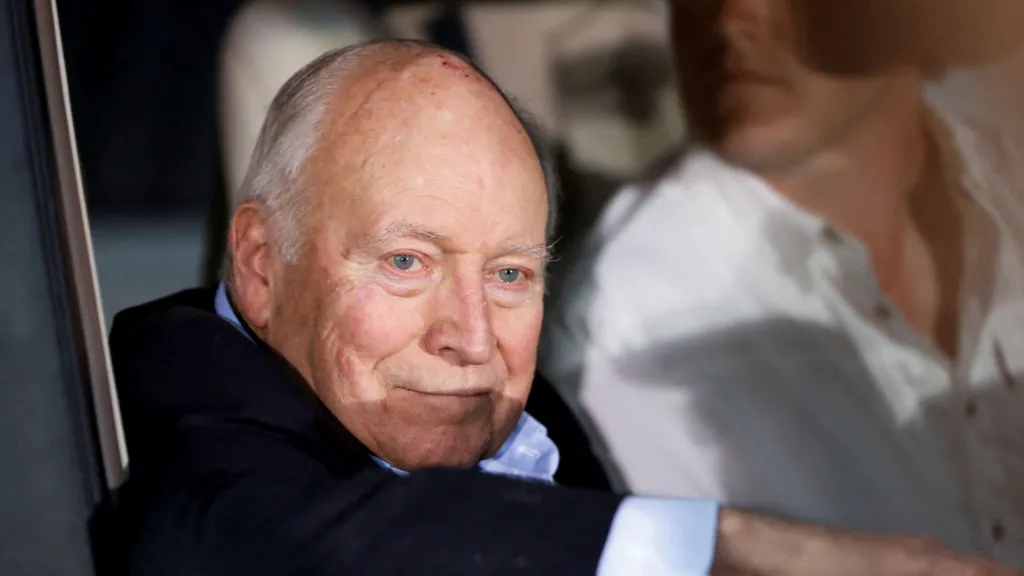
Former Vice President Dick Cheney has made headlines by announcing his intention to vote for Kamala Harris in the upcoming presidential election. This surprising endorsement has sparked widespread discussion and debate across the political spectrum, as Cheney has long been associated with conservative Republican values.
Cheney, who served as Vice President under George W. Bush from 2001 to 2009, has been a prominent figure in Republican politics for decades. Known for his hawkish foreign policy views and significant influence during the Bush administration, his decision to support a Democratic candidate, especially one as progressive as Kamala Harris, marks a notable shift in his political alignment.
In a recent interview, Cheney explained his rationale for endorsing Harris. He expressed concerns over the current direction of the Republican Party, particularly under the influence of former President Donald Trump. Cheney, who has been critical of Trump’s leadership, cited a perceived erosion of traditional conservative values and an increased embrace of populism within the party. He emphasized the importance of restoring integrity and civility to American politics, qualities he believes Harris embodies.
Harris has garnered attention for her advocacy on various issues, including healthcare reform, climate change, and social justice. As the first female Vice President and the first woman of Black and South Asian descent in the role, she represents a significant shift in the political landscape. Cheney’s endorsement signals an alignment with her call for bipartisanship and unity, especially in a time of increasing polarization.
Political analysts are closely watching this development, as Cheney’s endorsement could sway some independent voters and moderate Republicans who are disillusioned with the current state of their party. It could potentially create a broader coalition of voters who seek a more centrist approach to governance.
Reactions to Cheney’s announcement have been mixed. Some conservative commentators have voiced disappointment, seeing it as a betrayal of Republican values, while others have lauded his courage to stand against the current wave of extremism. Meanwhile, Harris’s campaign welcomed the endorsement, framing it as evidence of her ability to attract support from across the aisle.
As the election draws nearer, Cheney’s decision to back Harris raises important questions about party loyalty, ideological boundaries, and the future of American politics. This endorsement may serve as a precursor to a larger trend of cross-party alliances, as voters increasingly seek candidates who prioritize governance over partisanship.
In conclusion, Dick Cheney’s support for Kamala Harris is a significant moment in the current political climate. It not only highlights the fractures within the Republican Party but also illustrates the potential for collaboration and unity in a divided nation. As both campaigns prepare for the unfolding election, the implications of this endorsement will undoubtedly be a topic of discussion among voters, politicians, and analysts alike.
Average Rating